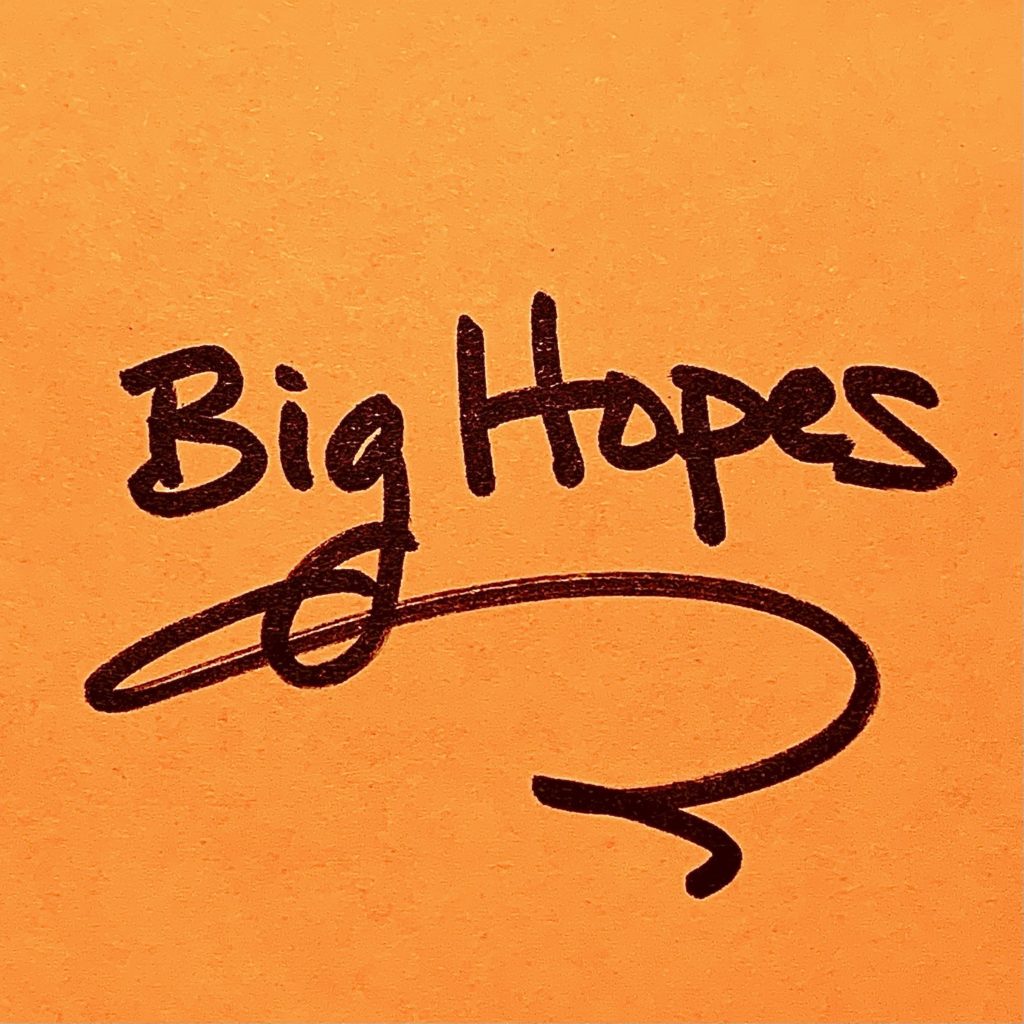By Stacie Prada
Each winter, darkness pervades my free time. Living in the Pacific Northwest, daylight hours seem to only exist on weekends and during lunch on weekdays. Dry, sunny days are less frequent, and spending time outside requires dressing for wind, rain and cold. While invigorating to experience, inclement weather provides encouragement to stay inside and find comfort from the elements.
It takes more creativity and effort to be active when the environment encourages spending time indoors. The draw of the sofa and screen time is compelling and comforting. I can justify that time and accurately describe it as productive by using it to rest, connect with others, learn, create, reflect and amuse myself. All are valid uses of time, and they only lack fulfillment if they sabotage my needs or goals. Usually the challenge is not the use of time but the amount of time spent on them.
The weather and amount of daylight influence activities as much as energy level and work schedule constrain activity options. Multiple sclerosis symptoms like fatigue and spasticity make movement more difficult. Medication helps, but the time dedicated for resting and need for intentional movement tend to be greater in the winter. The days feel short, and the good weather daylight hours are brief and sporadic.
Scarcity heightens the desire to grab those moments when the elements align with my schedule and disposition. I appreciate them more and will change plans to enjoy them. Bundled up for warmth, even a short excursion in the fresh air rejuvenates. Chores can pause without guilt. Feeding my soul is a priority.
In the darkness of winter, I seek options to nurture my physical health. Blue light therapy helps with the lack of daylight. Yoga, cooking, projects, hobbies, audio books and podcasts reduce screen and sitting time while relaxing my eyes. Activities that keep me moving and engaged while respecting the need for relaxation help make days more fulfilling.
There’s a big difference between not being able to do something and not wanting to do something. Knowing work is something I get to do makes me appreciate that I can still work. Knowing certain levels of activity are something I still can do and cultivate makes me appreciate that they’re still possible. There will come a day when I will not be able to work or perform activities at the level I do today. The fact that I can still work and exercise makes me appreciate today all the more, because someday I likely won’t be able to do either.
Enjoying work and fitness now is bittersweet. They’re reminders that how I’m doing today is fleeting. Health ebbs and flows with age and disease progression, and the path is not predetermined for a steady decline. Ups and downs are sure to come, and uncertainty is certain. The big hope is to relish the moments of sunshine and jubilance and find fulfillment in the darkness.
*Stacie Prada was diagnosed with RRMS in 2008 just shy of 38 years old. Her blog, “Keep Doing What You’re Doing” is a compilation of inspiration, exploration, and practical tips for living with multiple sclerosis while living a full, productive, and healthy life with a positive perspective. It includes musings on things that help her adapt, cope and rejoice in this adventure on earth. Please visit her at http://stacieprada.blogspot.com/


